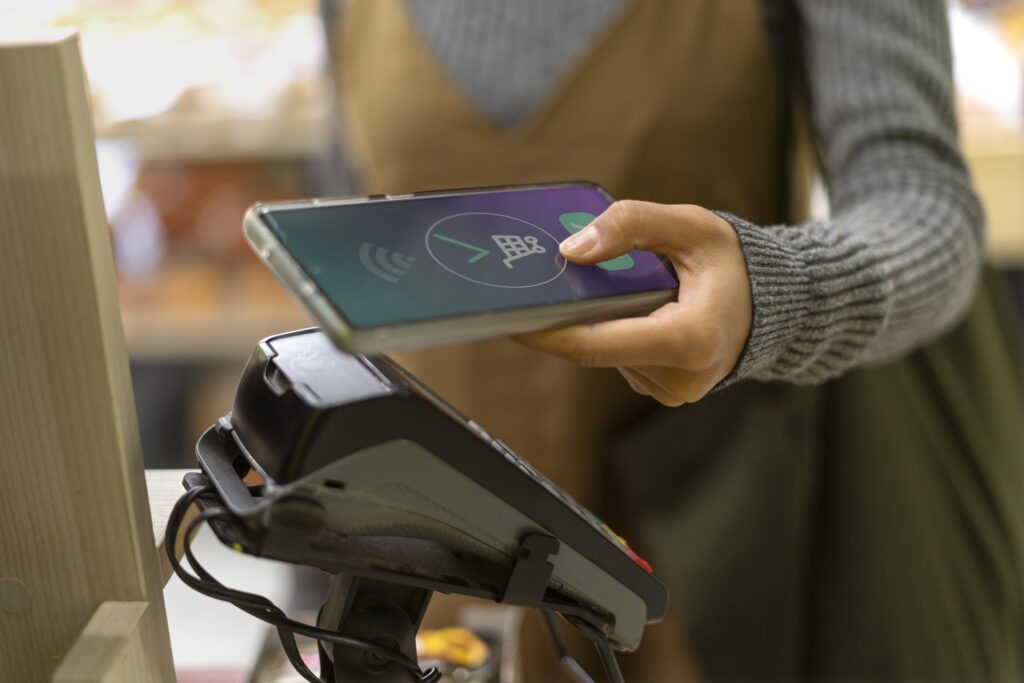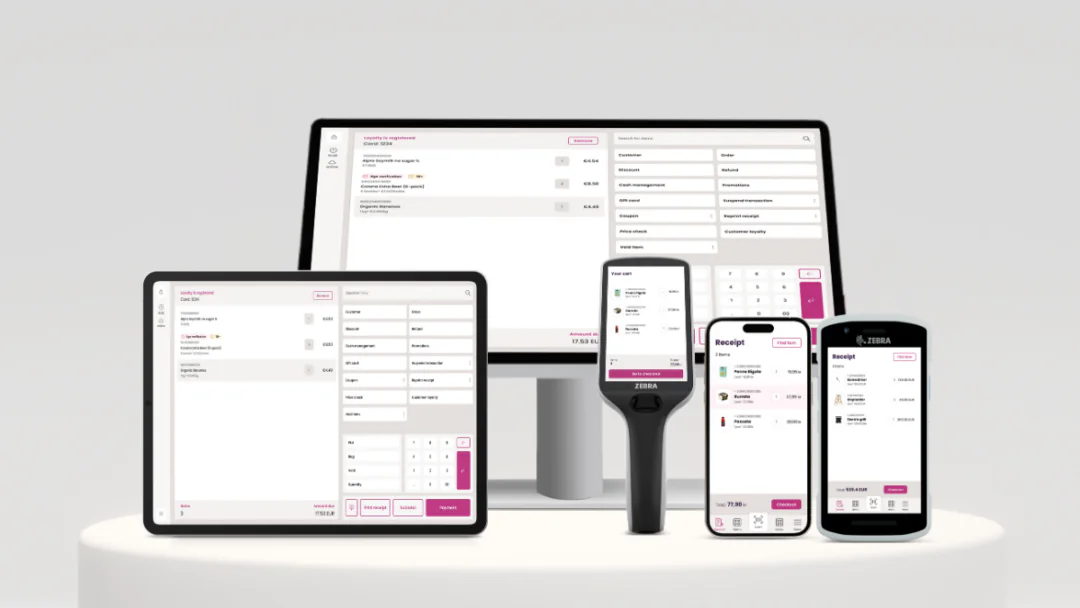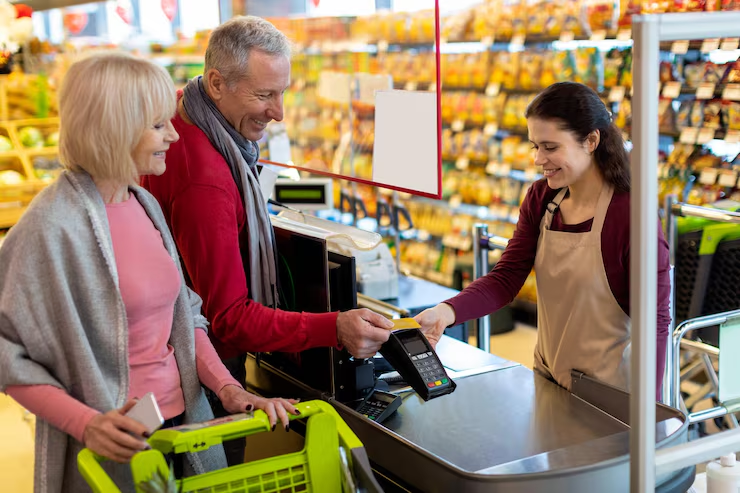How Cloud POS Systems Are Transforming Small and Medium Enterprises

In the modern business landscape, technology continues to play a pivotal role in driving growth, efficiency, and customer satisfaction. For small and medium enterprises (SMEs), staying competitive often hinges on their ability to adopt and leverage innovative solutions. One such technology that has gained significant traction in recent years is cloud-based Point of Sale (POS) systems. These systems are not just reshaping how SMEs conduct transactions but also how they manage their entire operations.
What Is a Cloud POS System?
A cloud POS system is a software solution hosted on remote servers, enabling businesses to process transactions and manage operations through an internet connection. Unlike traditional POS systems, which require on-premise servers and extensive hardware, cloud-based systems are accessible from any device with an internet connection. This flexibility has made them an attractive option for SMEs looking for cost-effective and scalable solutions.
Key Advantages of Cloud POS Systems for SMEs
1. Cost-Effectiveness
One of the most significant barriers for SMEs in adopting new technology has traditionally been cost. Cloud POS systems address this challenge by eliminating the need for expensive hardware and infrastructure. Most providers offer subscription-based pricing models, allowing businesses to pay only for the features they use. This affordability levels the playing field, enabling smaller businesses to access the same technology as larger competitors.
2. Scalability and Flexibility
As SMEs grow, their needs evolve. Cloud POS systems offer the flexibility to scale operations seamlessly. Whether a business is adding new products, opening additional locations, or hiring more staff, the system can adapt without requiring extensive upgrades or disruptions. This scalability is invaluable for businesses aiming to expand without incurring prohibitive costs.
3. Real-Time Access and Analytics
Cloud POS systems provide business owners with real-time access to data and analytics. Whether it’s monitoring sales performance, tracking inventory levels, or understanding customer behavior, these systems empower SMEs with actionable insights. Owners can access this information from anywhere, making it easier to make informed decisions even when they are not physically present at the business location.
4. Enhanced Customer Experience
Modern customers expect fast, seamless, and personalized service. Cloud POS systems enable SMEs to meet these expectations by offering features like integrated loyalty programs, personalized promotions, and faster checkout processes. Additionally, many systems support multiple payment methods, including contactless payments, which have become increasingly popular in today’s market.
5. Improved Inventory Management
For many SMEs, managing inventory is a complex and time-consuming task. Cloud POS systems simplify this process by offering automated inventory tracking and alerts for low stock levels. This ensures that businesses can maintain optimal stock levels, reduce waste, and avoid losing sales due to out-of-stock items.
6. Remote Management
The ability to manage business operations remotely is a game-changer for SMEs. Cloud POS systems allow owners and managers to monitor sales, manage staff schedules, and even update product catalogs from their smartphones or laptops. This remote accessibility enhances operational efficiency and frees up valuable time for business owners.
7. Enhanced Security
Data security is a top concern for SMEs, especially as cyber threats continue to rise. Cloud POS systems come with robust security measures, including encryption, regular updates, and secure data backups. These features help protect sensitive customer and business information while ensuring compliance with industry standards.
Real-World Impact on SMEs
The transformative impact of cloud POS systems is evident across various industries. For instance, in the retail sector, these systems enable small boutique stores to compete with larger chains by offering advanced features like integrated e-commerce and omnichannel sales capabilities. Similarly, in the hospitality industry, small restaurants and cafes can use cloud POS systems to manage online orders, streamline table management, and enhance customer loyalty programs.
One notable example is a local coffee shop that transitioned to a cloud-based POS system. The owner was able to integrate online ordering and delivery services, track customer preferences, and monitor sales data in real-time. This led to a 25% increase in revenue within six months and a significant improvement in customer satisfaction.
Challenges and Considerations
While the benefits of cloud POS systems are undeniable, SMEs should also consider potential challenges. Reliable internet connectivity is crucial for the system’s performance, and any downtime can disrupt operations. Additionally, businesses must invest time in training staff to use the system effectively.
Conclusion
Cloud POS systems are proving to be a game-changer for small and medium enterprises. By offering cost-effective, scalable, and feature-rich solutions, these systems empower SMEs to compete in an increasingly digital and customer-focused marketplace. As more businesses adopt this technology, the competitive advantages it provides will continue to shape the future of SMEs across various industries. For those looking to streamline operations, enhance customer experiences, and drive growth, transitioning to a cloud POS system is no longer a luxury—it’s a necessity.






